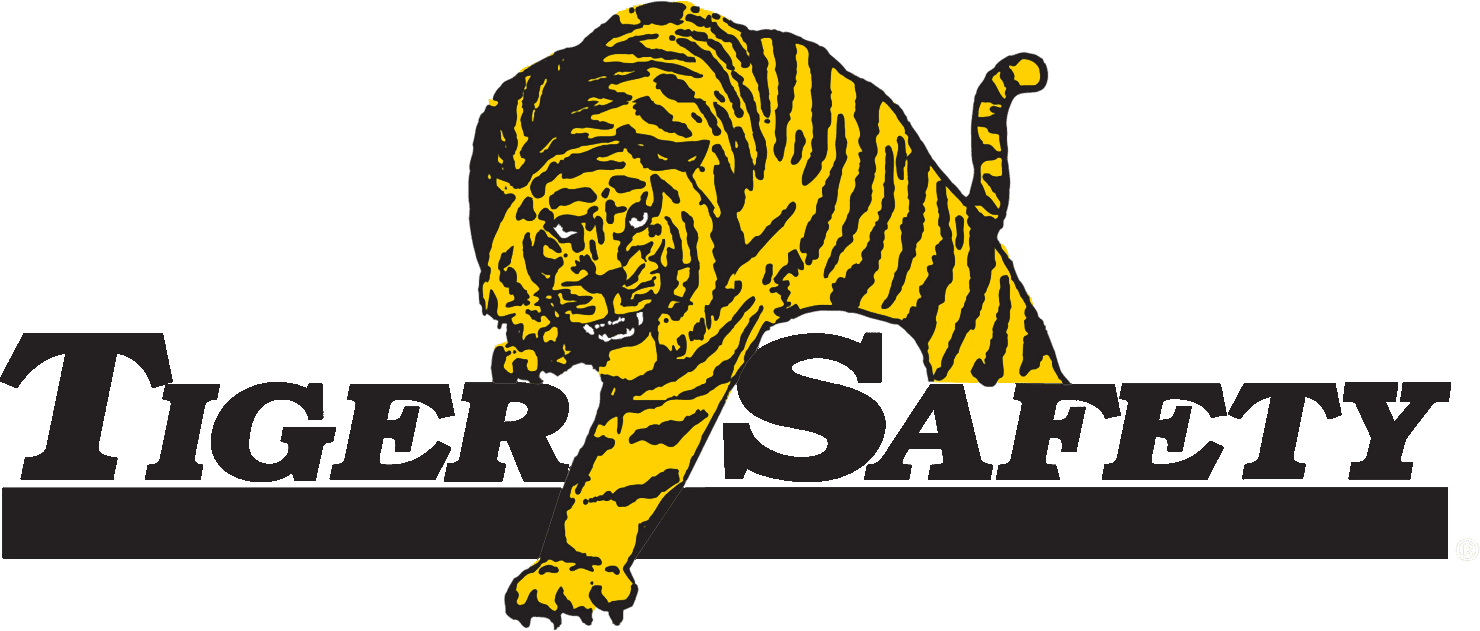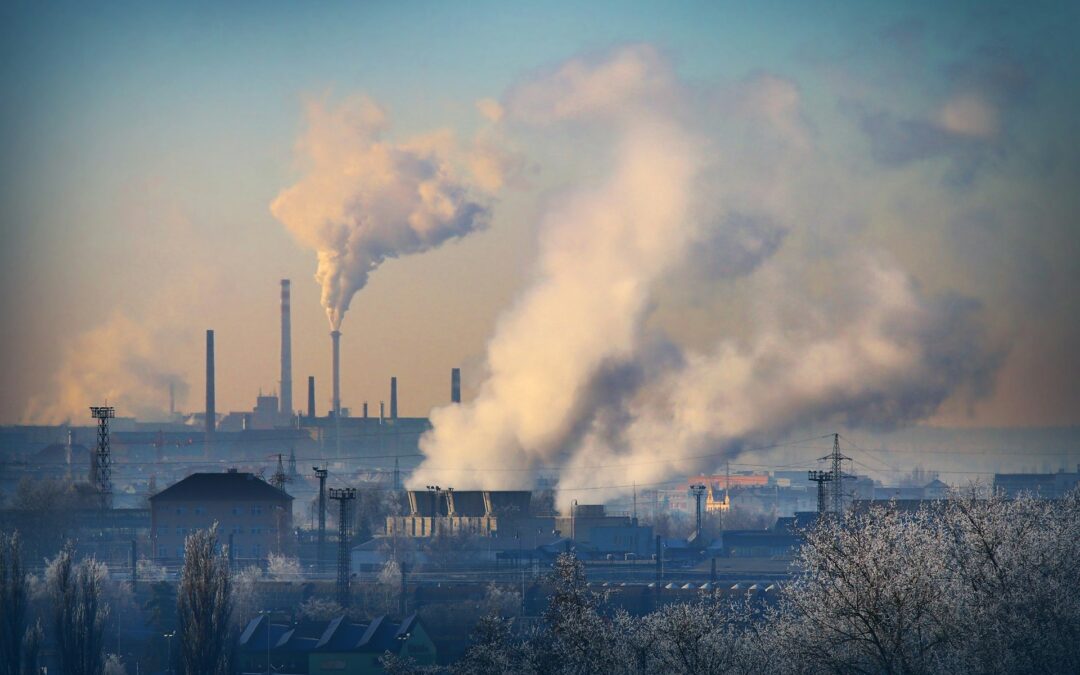Separation technology is a key component of oil and gas production, as it enables operators to efficiently separate well fluids into gas, oil, and water phases, ensuring optimal processing, transportation, and storage of these vital resources. Two prominent types of separators widely utilized in the industry, 3-phase and 4-phase separators, play a crucial role in enhancing the overall efficiency, safety, and profitability of oil and gas operations.
A 3-phase separator, as the name implies, is designed to separate well fluid into its three primary components: gas, oil, and water. This type of separator is commonly used in onshore and offshore oil and gas production facilities, where their primary function is to separate and accurately measure these distinct phases for further processing, storage, or transport.
On the other hand, a 4-phase separator – also known as a 4-phase test separator – serves a similar purpose, with the added ability to separate sand or solid particles from the well fluid. This additional phase separation capability is particularly beneficial in operations with high levels of sand or solid contaminants, helping to reduce downtime, minimize equipment wear, and prevent production losses resulting from sand buildup and blockages.
In this article, we will explore the fundamental differences between 3-phase and 4-phase separators, discuss their applications, explain their importance in the oil and gas industry, and examine how Tiger Safety Rentals’ expertise and equipment offerings can help optimize your production processes.
Understanding the Key Differences between 3-Phase and 4-Phase Separators
In order to make informed decisions regarding the appropriate separation equipment for your oil and gas operations, it’s essential to understand the unique characteristics of 3-phase and 4-phase separators. We highlight the main differences below:
- Separation Phases: The most evident difference between 3-phase and 4-phase separators is the number of phases they are designed to separate. While a 3-phase separator focuses on the separation of gas, oil, and water, a 4-phase separator adds the ability to separate sand or solid particles from the well fluid.
- Operating Conditions: 4-phase separators are particularly beneficial in operations with high levels of sand or solid contaminants. They help to reduce equipment wear, prevent production losses, and minimize downtime caused by sand buildup and blockages.
- Measurement: Both 3-phase and 4-phase separators are often equipped with measurement devices to obtain accurate readings of the separated fluid rates. These measurements are crucial for optimizing production, ensuring regulatory compliance, and assessing well performance.
Applications of 3-Phase and 4-Phase Separators in Oil and Gas Production
Both 3-phase and 4-phase separators are widely employed across various stages of oil and gas production. Their specific applications include:
- Primary Separation: Both separator types are commonly utilized for primary separation, where wellbore fluids are separated into distinct components. This step is critical for efficiently transporting and storing oil, gas, and water.
- Test Separation: In situations where well performance testing is necessary, 4-phase test separators are often utilized to effectively separate and measure the flow rates of gas, oil, water, and sand, providing precise data for analysis.
- Solids Removal: In drilling operations that encounter high levels of sand or solid particles, 4-phase separators are beneficial for removing these materials, preventing equipment wear and production losses that can result from blockages.
- Enhanced Oil Recovery (EOR): Both types of separators may be employed throughout EOR processes, including gas injection, water injection, and chemical flooding, wherein the efficient separation of produced fluids is critical to optimizing production and maintaining safety.
Maximizing Production Efficiency with Separation Technology from Tiger Safety Rentals
Partnering with Tiger Safety Rentals for your oil and gas production needs can bring numerous benefits to your operations. Our expertise and equipment offerings ensure that you receive the optimal separation solutions for your specific requirements:
- Expert Consultation: Our experienced team provides comprehensive consultation, ensuring that you choose the right separator type based on the specific characteristics of your operation. Factors such as production flow rates, fluid compositions, and environmental conditions are considered to optimize separator selection.
- State-of-the-Art Equipment: Tiger Safety Rentals offers an extensive inventory of high-quality 3-phase and 4-phase separators, providing you with the best equipment available. Our rental separators are designed for maximum efficiency, durability, and safety, ensuring that your operations run smoothly and effectively.
- Customization: We understand that no two oil and gas operations are the same, which is why we offer customizable separation solutions tailored to your unique requirements. Whether it’s the integration of specific measurement devices, unique designs, or additional features, our separators can be adapted to suit your needs.
- Ongoing Support: When you choose Tiger Safety Rentals for your separation equipment needs, you can rest assured that our team will provide ongoing support throughout your rental period. From equipment maintenance and troubleshooting to optimization advice, we ensure your operations remain efficient and safe.
Final Thoughts
Selecting the appropriate separation technology is crucial to ensuring the efficiency, safety, and success of oil and gas operations. By understanding the fundamental differences between 3-phase and 4-phase separators, you can make informed decisions to optimize your production processes and enhance safety throughout your operations.
Tiger Safety Rentals is committed to providing expert guidance, customizable solutions, and state-of-the-art equipment designed to help your oil and gas projects achieve maximum efficiency and profitability. Contact us today to explore how our comprehensive range of specialized services and well-test separators can support your operation’s unique needs.

